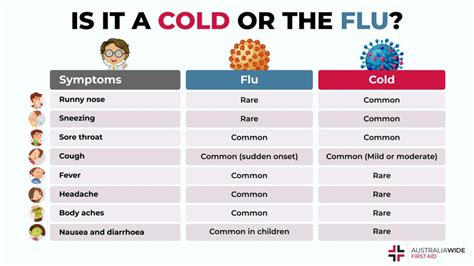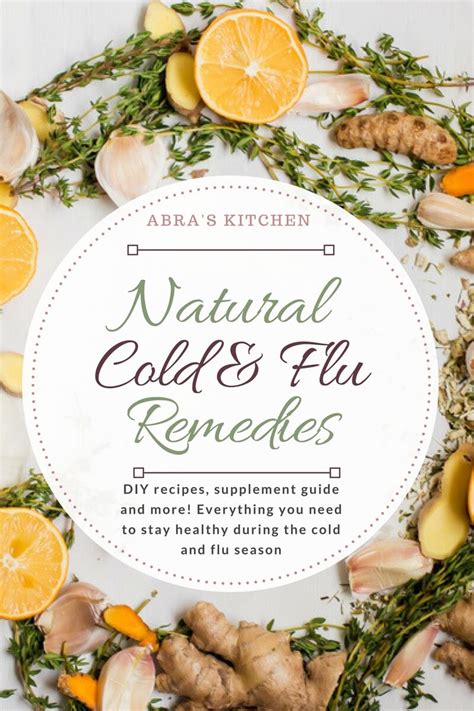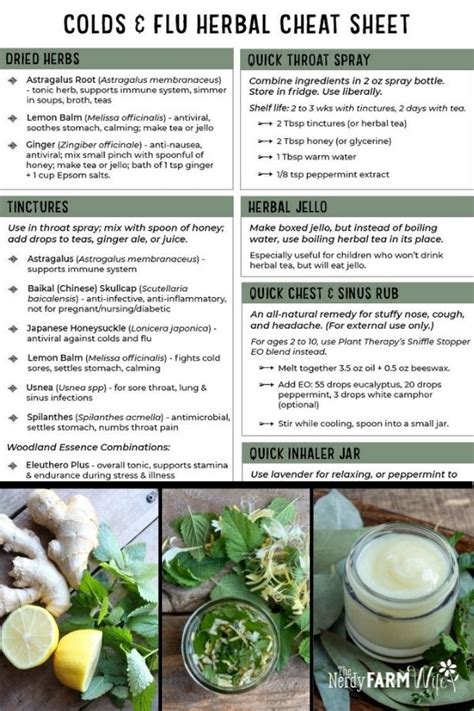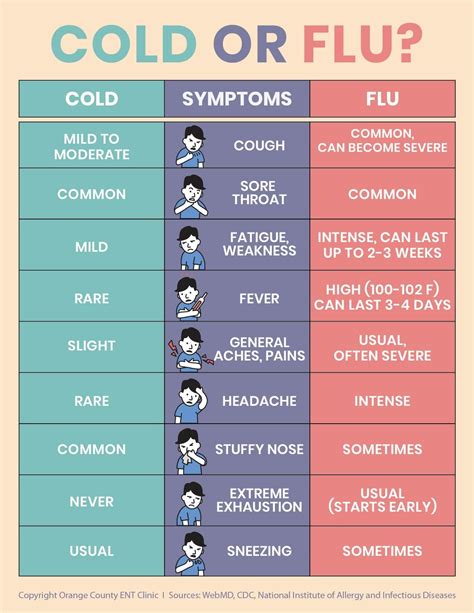Intro
Stay healthy with our Cold And Flu Season Survival Guide, featuring tips on flu prevention, cold remedies, and immune system boosters to help you navigate winter illnesses and seasonal infections.
As the winter months approach, many of us are bracing ourselves for the inevitable cold and flu season. The sniffles, coughs, and fevers that come with this time of year can be debilitating, disrupting our daily lives and leaving us feeling miserable. However, with the right strategies and precautions, it's possible to navigate this season with minimal disruption. In this comprehensive guide, we'll explore the best ways to prevent, treat, and manage cold and flu symptoms, helping you to stay healthy and thrive throughout the winter months.
The importance of being prepared for cold and flu season cannot be overstated. According to the Centers for Disease Control and Prevention (CDC), the flu alone affects millions of people in the United States each year, resulting in thousands of hospitalizations and deaths. By taking proactive steps to protect ourselves and our loved ones, we can significantly reduce the risk of illness and ensure a healthier, happier winter. Whether you're a parent, a busy professional, or simply someone who wants to stay healthy, this guide is packed with valuable tips, expert advice, and practical strategies to help you survive and even thrive during cold and flu season.
From understanding the differences between cold and flu viruses to learning how to boost your immune system, we'll cover it all in this in-depth guide. We'll delve into the world of natural remedies, exploring the benefits of herbal supplements, essential oils, and other alternative treatments. We'll also examine the latest scientific research on vaccines, medications, and other conventional treatments, providing you with a balanced and informed perspective on the best ways to manage cold and flu symptoms. So, let's get started on this journey to optimal health and wellness, and discover how to make it through cold and flu season with flying colors.
Understanding Cold and Flu Viruses

Types of Cold and Flu Viruses
There are over 200 different strains of cold viruses, with the rhinovirus being the most common culprit. The flu, on the other hand, is caused by the influenza virus, which comes in three main types: A, B, and C. Type A is the most severe and is responsible for the majority of flu outbreaks. Understanding the different types of cold and flu viruses can help you to better navigate the complexities of these illnesses and make informed decisions about prevention and treatment.Prevention Strategies

Boosting Your Immune System
A strong immune system is your best defense against cold and flu viruses. In addition to getting enough rest, exercise, and nutrition, there are several other ways to boost your immune system. These include managing stress, staying hydrated, and getting enough vitamin D. You can also consider taking supplements such as vitamin C, zinc, and probiotics, which have been shown to have immune-boosting properties.Natural Remedies for Cold and Flu

Herbal Supplements for Cold and Flu
Herbal supplements can be a powerful tool in the fight against cold and flu symptoms. Some of the most effective herbal supplements for cold and flu include: * Echinacea: This herb has been shown to have antiviral properties and can help to boost your immune system. * Elderberry: This herb has been shown to have anti-inflammatory properties and can help to reduce the severity of flu symptoms. * Ginger: This herb has been shown to have anti-inflammatory properties and can help to reduce nausea and congestion. * Garlic: This herb has been shown to have antiviral properties and can help to boost your immune system.Conventional Treatments for Cold and Flu

Vaccines for Cold and Flu
Vaccines are one of the most effective ways to prevent the spread of cold and flu viruses. The flu vaccine, in particular, is highly effective in preventing severe illness and hospitalization. The CDC recommends that everyone over the age of six months get a flu vaccine each year, with some exceptions for people with certain medical conditions. Additionally, there are several other vaccines available that can help to protect against other types of respiratory illnesses, such as pneumonia and whooping cough.Managing Cold and Flu Symptoms

Home Remedies for Cold and Flu
In addition to conventional treatments, there are several home remedies that can help to alleviate cold and flu symptoms. Some popular home remedies include: * Chicken soup: This classic remedy has been shown to have anti-inflammatory properties and can help to reduce congestion. * Honey: This natural sweetener has been shown to have antibacterial properties and can help to soothe a sore throat. * Steam inhalation: This can help to loosen mucus and reduce congestion. * Saline nasal sprays: These can help to moisturize the nasal passages and reduce congestion.Conclusion and Next Steps

We hope this comprehensive guide has provided you with the information and resources you need to stay healthy and thrive during cold and flu season. Whether you're looking for natural remedies, conventional treatments, or simply want to learn more about how to boost your immune system, we've got you covered. So, take a deep breath, stay healthy, and happy reading!
What is the best way to prevent the spread of cold and flu viruses?
+Good hygiene practices, such as frequent handwashing, avoiding close contact with people who are sick, and avoiding touching your eyes, nose, and mouth, are the best ways to prevent the spread of cold and flu viruses.
What are some natural remedies for cold and flu symptoms?
+Some popular natural remedies for cold and flu symptoms include herbal supplements such as echinacea and elderberry, essential oils such as eucalyptus and peppermint, and homemade treatments such as chicken soup and honey.
How can I boost my immune system to reduce my risk of getting sick?
+Getting enough sleep, exercising regularly, eating a balanced diet, managing stress, and staying hydrated are all effective ways to boost your immune system and reduce your risk of getting sick.
